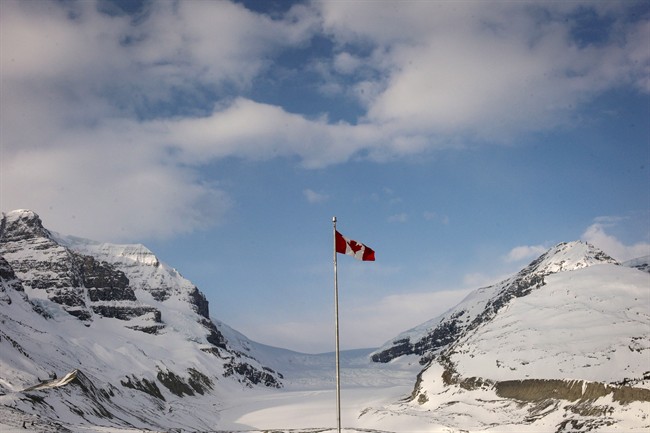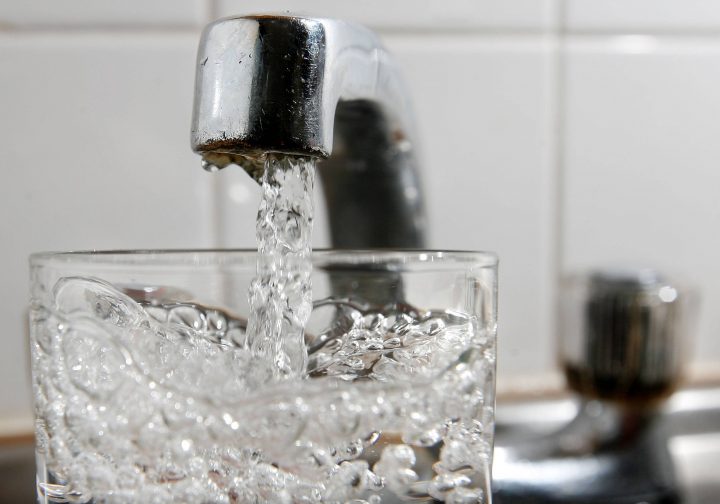Climate change is binding together energy and water issues and Canada must learn to think about them that way, says the newly appointed Canadian head of an international water institute.

“It changes the whole definition of water security,” Bob Sandford, who now leads the EPCOR Water Security Research Chair hosted at Hamilton’s McMaster University, said Tuesday.
READ MORE: WATCH – Bill Gates drinks water that was once poop — for a good cause
“Water security means having the water to reliably provide adequate amounts at the right quality for all who need it, including what nature needs,” said Sandford, whose position is funded through the United Nations University, a global think-tank. “Now we’re seeing this is directly tied to energy security also.”
He also sits on or directs freshwater institutes at three Canadian universities and has been an advisoe to a public policy forum made up of more than 30 heads of state.
Sandford points out that energy is used to purify and transport water, while water is used to create energy.
Alberta’s oilsands, for example, use three barrels of water for every barrel of bitumen mined. Hydroelectricity is generated entirely by water.
But while Canada’s population and economy has grown substantially over the decades, its attitude to water hasn’t.
“Canadians have real difficulty getting their minds around the fact that we have real water issues,” Sandford said.
“We’ve had five or six generations of the national myth of a limitless supply. We’re considered around the world as one of the most egregious water wasters, because we have it.”
European waste-water standards are tougher. Water prices are higher. Conservation is a much bigger concern.
Sandford said the average Canadian uses about 329 litres of water a day. The average resident of Munich, Germany, uses about 100 litres a day.
Climate change is one reason Canadians will have to rethink their attitude, said Sandford.
Rainfall patterns for large areas of the Prairies are changing. Extreme weather such as flooding in southern Alberta is forcing cities and towns to take another look at their infrastructure. And hydro dams may not be able to always depend on upstream glaciers to fill their reservoirs.

Sandford’s institute has just released a report that points out some of the ways water and energy policy can work together.
“There are countries that have faced these challenges and have come to innovative solutions,” said report co-author Corinne Schuster-Wallace.
Some use green energy for irrigation. Others have learned how to treat waste water in ways that generate energy to offset that used in the treatment.
Many of those solutions save money by making more efficient use of both water and power.
READ MORE: Water shortages complicate China’s plans to tap shale gas reserves, according to report
“That financial consideration will probably drive a lot of this energy-water nexus thinking,” said Schuster-Wallace.
The report also recommends a greater role for the private sector, if that role is carefully thought out, ensures transparency and balances the relationship between the partners.
“There are a lot of high-profile cases where public-private partnerships have failed epochally.”
The coming changes won’t be cheap. The Federation of Canadian Municipalities has already said communities need $88 billion to replace outmoded roads, bridges and other infrastructure.
One way to reduce that cost is to consider water and energy together, said Sandford.
“Water and energy are interlinked and they depend on each other.”



Comments